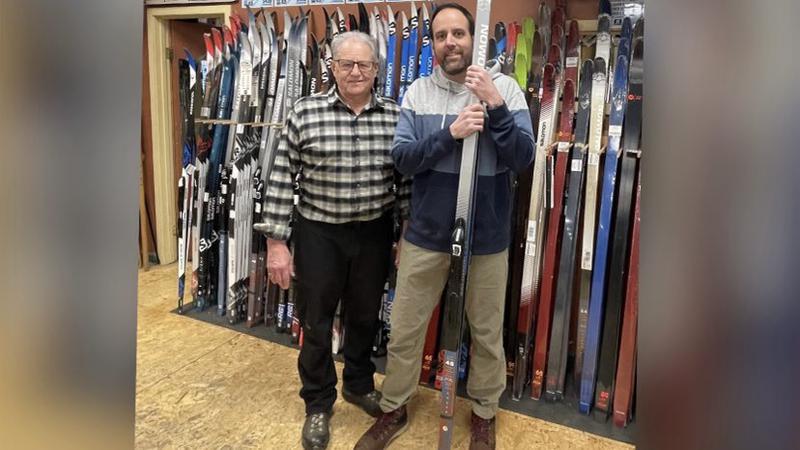Goal of therapy for tinnitus is to lessen symptoms
DEAR DR. ROACH: My son has had tinnitus for many years now, probably from listening to loud music. He is now 47. Can you recommend any natural ways to lessen symptoms? — E.M.
ANSWER: Tinnitus is a sensation of sound when there is no external source of sound. It usually is perceived as being in the head, and is often described as a ringing, buzzing or hissing. It can be present at all times, or can come and go. Tinnitus is very common: the American Tinnitus Association estimates that 50 million people in the United States alone have chronic (lasting longer than six months) tinnitus. It is thought that brain cells in the hearing-processing area of the brain are responsible for the sensation. Any condition that reduces hearing, such as repeated exposure to loud noise, tumors of the cochlear nerve (the nerve that goes to the ear) and medications that damage hearing can predispose a person to tinnitus. About 10 percent of people with tinnitus state that it severely affects their quality of life.
Unfortunately, for most people, there is no cure for tinnitus. The goal of therapy is to lessen symptoms and to treat any associated conditions, especially depression and sleep disturbance, both of which are common in people with severe tinnitus.
I reviewed the available medical treatments for tinnitus, and also did an internet search for natural treatments for tinnitus. Unfortunately, many of the advertised natural treatments have been studied and not been found to be effective: ginkgo biloba, melatonin, bioflavonoids and various vitamin and mineral supplements have not shown any effectiveness. I don’t recommend any medications for treatment of the tinnitus; however, people with anxiety, depression or sleep disturbance from tinnitus may benefit from pharmacologic or other treatments of these conditions.


